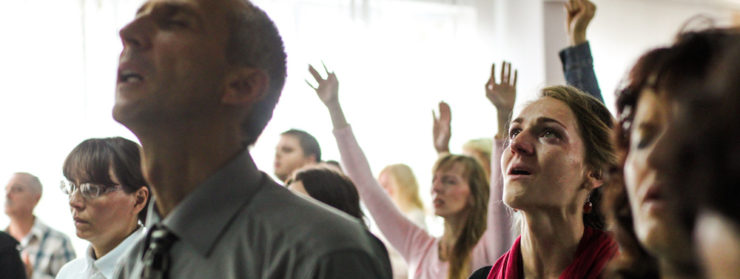We have described the immaterial, that is, the non-physical aspect of the human spirit, as that which animates and sustains our physical body. While the spirit if not subject to observation, and no scientific laboratory has ever observed it, the Bible really makes an undeniable case for it, as referenced many times in both the Old and New Testaments. We already noted its surfacing the first time in Genesis 2, when God imparted the spirit as the breath of life into Adam’s just-created but not yet alive body. Upon receiving this divine breath of life, Adam was said to have become “a living soul.” He was now a complete person of humanness. He now has not only a physical body but also an animating non-physical spirit which we are told in the text comprises the human soul. If we understand this correctly, it is the physical body, which is destructible, plus the non-physical spirit, which is indestructible, that comprises the totality of our personhood called “the soul”. We are a soul that possesses a body and a spirit.
While soul and spirit are, on occasion, seemingly used synonymously, we observe a clear biblical distinction between them. Mary, the virgin mother of our Lord, upon hearing the angel Gabriel announce that she was to be the mother of Israel’s long-awaited Messiah, jubilantly exclaimed, “My soul exalts the Lord, and my spirit has rejoiced in God, my Savior.” Mary’s total personhood is responding to the announcement. She will use her physical body to joyfully and gratefully accommodate the Holy Child in her womb for nine months while, at the same time, responding with her spirit, that is, her emotions and intellect about it all. Further, and with stunning clarity, a familiar passage in Hebrews 4 tells us “the word of God is alive and powerful, sharper than a two-edged sword, piercing even to the dividing apart of the soul and the spirit, and of the joints and marrow, and is a discerner of the thoughts and intents of the heart.” Soul and spirit do not appear synonymous but require a clear distinction.
Perhaps once of the most precise statements about all these components that comprise the totality of human personhood is found in 1st Thessalonians 5:23. The Apostle Paul nears the end of his letter by stating, “and I pray God your whole spirit and soul and body be preserved blameless until the coming of our Lord Jesus Christ.” It appears that nothing constituting the totality of our identity is omitted. Spirit may be mentioned first because of its superior importance, and body last because of its lesser importance. After all, the spirit component of our person is indestructible and permanent. The body part of our person is destructible and temporary, at least as it is in these present earthly bodies. We see these entities listed separately because they are spirit, soul, and body…all part of our being, fearfully and wonderfully made.
CC-08-18


Published by